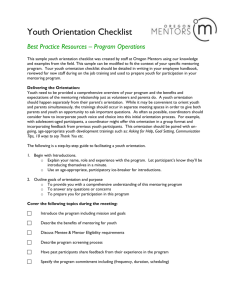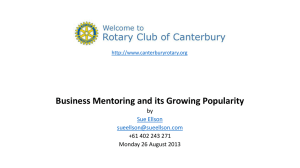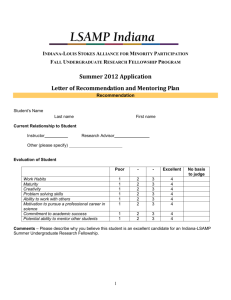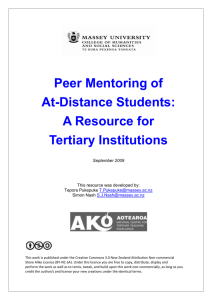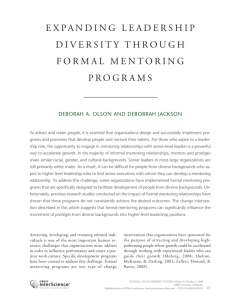Searching for role models - Catholic Commission for Social Justice
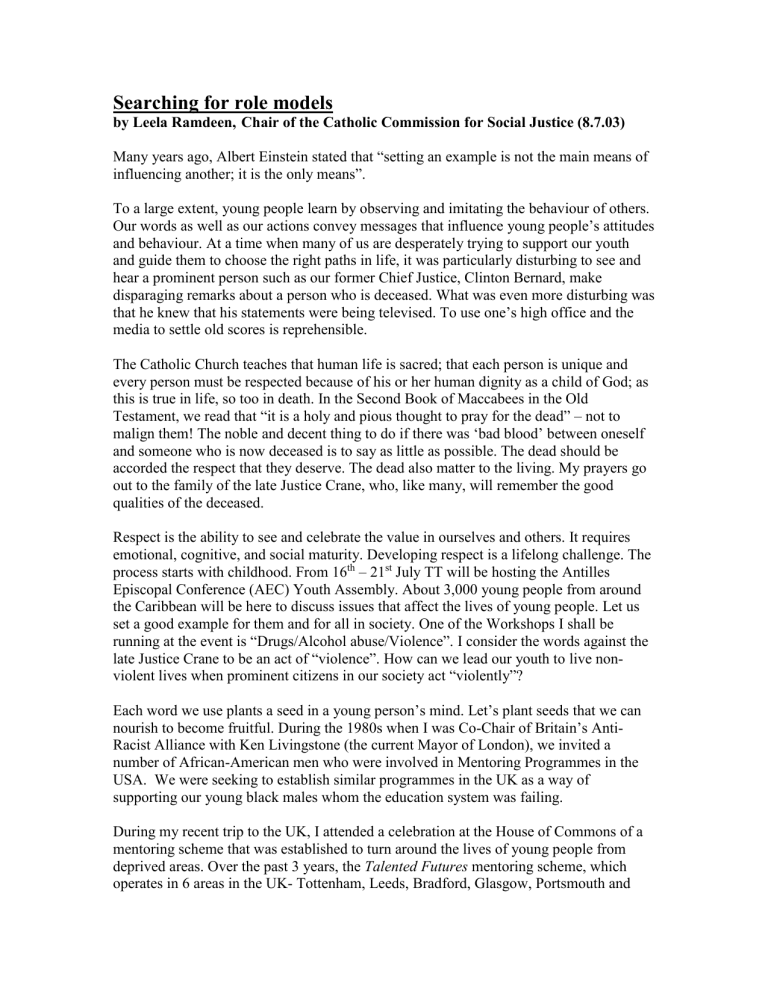
Searching for role models
by Leela Ramdeen, Chair of the Catholic Commission for Social Justice (8.7.03)
Many years ago, Albert Einstein stated that “setting an example is not the main means of influencing another; it is the only means”.
To a large extent, young people learn by observing and imitating the behaviour of others.
Our words as well as our actions convey messages that influence young people’s attitudes and behaviour. At a time when many of us are desperately trying to support our youth and guide them to choose the right paths in life, it was particularly disturbing to see and hear a prominent person such as our former Chief Justice, Clinton Bernard, make disparaging remarks about a person who is deceased. What was even more disturbing was that he knew that his statements were being televised. To use one’s high office and the media to settle old scores is reprehensible.
The Catholic Church teaches that human life is sacred; that each person is unique and every person must be respected because of his or her human dignity as a child of God; as this is true in life, so too in death. In the Second Book of Maccabees in the Old
Testament, we read that “it is a holy and pious thought to pray for the dead” – not to malign them! The noble and decent thing to do if there was ‘bad blood’ between oneself and someone who is now deceased is to say as little as possible. The dead should be accorded the respect that they deserve. The dead also matter to the living. My prayers go out to the family of the late Justice Crane, who, like many, will remember the good qualities of the deceased.
Respect is the ability to see and celebrate the value in ourselves and others. It requires emotional, cognitive, and social maturity. Developing respect is a lifelong challenge. The process starts with childhood. From 16 th
– 21 st
July TT will be hosting the Antilles
Episcopal Conference (AEC) Youth Assembly. About 3,000 young people from around the Caribbean will be here to discuss issues that affect the lives of young people. Let us set a good example for them and for all in society. One of the Workshops I shall be running at the event is “Drugs/Alcohol abuse/Violence”. I consider the words against the late Justice Crane to be an act of “violence”. How can we lead our youth to live nonviolent lives when prominent citizens in our society act “violently”?
Each word we use plants a seed in a young person’s mind. Let’s plant seeds that we can nourish to become fruitful. During the 1980s when I was Co-Chair of Britain’s Anti-
Racist Alliance with Ken Livingstone (the current Mayor of London), we invited a number of African-American men who were involved in Mentoring Programmes in the
USA. We were seeking to establish similar programmes in the UK as a way of supporting our young black males whom the education system was failing.
During my recent trip to the UK, I attended a celebration at the House of Commons of a mentoring scheme that was established to turn around the lives of young people from deprived areas. Over the past 3 years, the Talented Futures mentoring scheme, which operates in 6 areas in the UK- Tottenham, Leeds, Bradford, Glasgow, Portsmouth and
Northamptonshire. It is funded by the Millenuim Commission, began in 2000 and will finish in October 2003, although funding is being sought to continue some aspects of the work.
The scheme recruited 360 people – all volunteers and aged 18 and over - to act as mentors for young people who were having difficulties at home or school or just needed support. The young people are referred to the scheme by agencies such as Youth
Offending Teams, schools, parents, youth clubs, or by friends. The scheme, run by the young people’s charity RPS Rainer, and supported by the Commission for Racial
Equality, has been very successful at empowering young disadvantaged people.
The mentors are recruited through local and business communities and participate in a training programme. They see one or two people aged 10 – 25 for 6 months or a year.
They give advice and support to help them with issues such as bullying at school, learning difficulties, and avoiding drugs or crime. The scheme has proved to be life changing for both mentors and mentees.
An independent survey carried out last year, the first of its kind carried out in the UK into the effects of mentoring, found that many young people on the scheme said they were less likely to get in trouble at school, take illegal drugs or run away from home. Half of those who had committed a crime before the scheme started said they would be less likely to do so again as a result of the mentoring. Jackie Adelaide, who manages the scheme states:
“…this survey shows that mentoring is a cost-effective way of tackling youth crime, which is enormously costly in emotional and financial terms in our society. This survey now gives us proof that mentoring is the way forward to help young people from disadvantaged backgrounds at a crucial time in their lives.”
In the past I have been involved in a number of mentoring schemes as a mentor in the UK and have found my experiences very rewarding. I have had many good mentors myself as
I was growing up – particularly my parents. But my greatest mentor continues to be
Jesus. As my relationship with God grows, I find that I am opening my heart to the Holy
Spirit and really listening to the advice and support that my Lord gives to me. Yes, Jesus is my greatest role model and mentor.
No doubt there have been people along your life journey who, by their guidance or example, taught you something invaluable about how to conduct yourself. You now need to pass that on to others.
I urge parents to be good role models to your children. You are their first and primary educators and can have a profound influence on their lives. Share your values with your children and be living day-to-day examples of these values. Constantly examine your own behaviour to ensure that you are NOT teaching your children to: “do as I say, not as
I do”. Take a genuine interest in your children’s school and extra curricular activities.
I believe that the Ministry of Education and all learning institutions in TT should develop mentoring schemes as a way of giving advice and encouragement to our young people.
Find members of our communities who can be good role models. Male role models are critically needed, particularly in the lives of our young men in TT, since many of them go through school without seeing many male teachers. Some young men have no male figures in their homes, while the male figures in the homes of some of our young men are not good role models.
The writer, Marian Wright Edelman, states that “the greatest threat to our national security and future comes from no external enemy but from the enemy within – in our loss of strong, moral family and community values and support”. The strong social fabric that once existed in our society no longer exists. We must therefore develop new strategies to assist our young people to make the right choices in life.
Mentoring is a caring, nurturing process based on trust and respect in which one or more skilled or experienced persons serves as a role model to teach, encourage, counsel, support and befriend a less skilled person. A role model is someone whose life serves as an example. Role models are imitated, but might not personally know the ones who emulate them. A mentor, on the other hand, becomes intentionally involved in someone’s life for the express purpose of helping and guiding that person.
We all want our youth to become responsible, competent, caring adults and productive citizens. The mentor’s role is to encourage and support the young person to define and reach his/her goals and to develop to his/her fullest potential. We live in a world in which young people are increasingly vulnerable. Look for someone whose life you can enrich and offer that person the benefit of your wisdom and experience. Be a positive influence on young people’s lives. The following are some of the qualities and characteristics of a good role model: Honesty, humility, compassion, perseverance, determination, good character, generosity and commitment.
There is an old African proverb: “It takes a whole village to raise a child”. Our young people will be better off when every adult member of our community is willing to pitch in to protect their best interests. Let us invest wisely in our youth and increase their exposure to positive, constructive role models who, formally or informally, will instill the right values in them.




